This study by Tereza Plíštilová and Zuzana Lizcová explores how German media responded to Israel’s strategic narratives during Russia’s 2022 invasion of Ukraine. While narratives linked to Holocaust remembrance were accepted, Israel’s democratic identity and security concerns faced skepticism. Media receptiveness improved when Israel engaged diplomatically, highlighting the role of historical ties and proactive diplomacy in shaping narrative adoption.
New publication: Myth Busting in a Post-Assad Syria
This new study by Dr. Rob Geist Pinfold challenges common misconceptions about Syria’s post-Assad landscape, highlighting the complex power dynamics at play. It reveals that the opposition is highly fragmented and that Assad’s fall was as much a political shift as a military defeat. Despite claims of their diminished influence, Russia and Iran remain deeply embedded in Syria. The study warns against oversimplifications in policymaking and advocates for cautious international engagement.
New publication: East Asia’s Alliance Dilemma (Public Perceptions of the Competing Risks of Extended Nuclear Deterrence)
This study, published in the Journal for Peace and Nuclear Disarmament, explores growing nuclear anxieties in East Asia. Researchers Lauren Sukin and Woohyeok Seo investigate how citizens of U.S.-aligned countries like Japan, South Korea, Taiwan, Australia, and Indonesia view nuclear threats. The study finds a delicate balance between fears of abandonment (being left undefended) and entrapment (being pulled into nuclear conflict) shaping public opinion.
New publication: Historical analogies, traumatic past and responses to the war in Ukraine
This study by Irena Kalhousová, Eugene Finkel, and Jiří Kocián, explores how political leaders in Germany, Poland, and the Czech Republic use historical analogies to frame and justify their nations' responses to Russia's invasion of Ukraine. Through analysis of speeches and statements, the authors reveal how each country's foreign policy narratives draw upon distinct historical traumas and national experiences, like the Second World War, the Cold War, and specific events such as the 1968 Soviet invasion of Czechoslovakia.
New publication: Elite-public gaps in attitudes towards Israel and the Israeli-Palestinian conflict
We conducted a survey of Czech citizens and members of parliament on attitudes towards Israel and the Israeli-Palestinian conflict. The results show that parliamentarians are more supportive of pro-Israel policies, blame Palestinians more for the conflict and view Czech-Israel relations more positively than the general population. Our findings provide the first empirical evidence of a gap between elite and public attitudes towards Israel, contributing to debates on foreign policy preferences.

